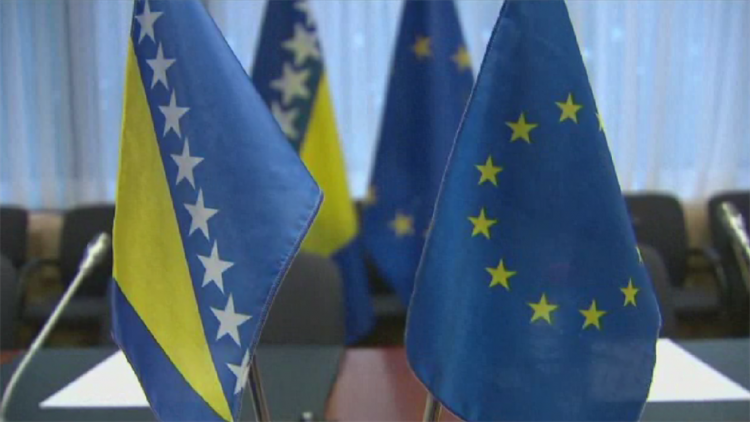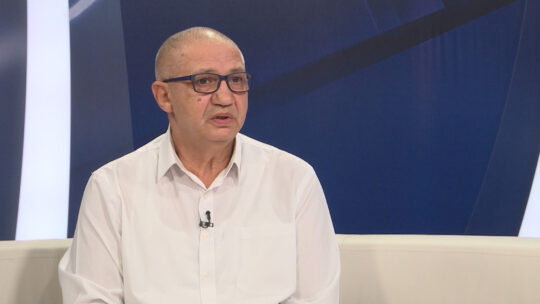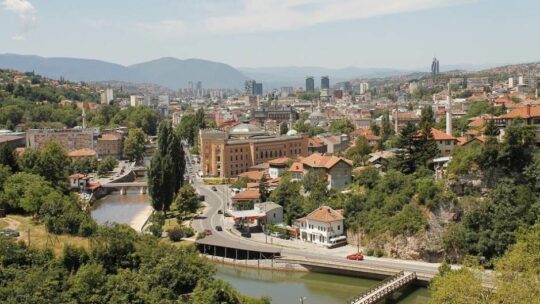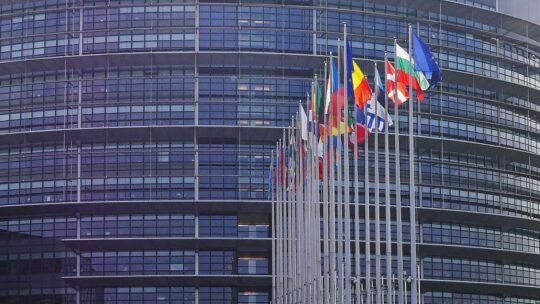
European Parliament’s rapporteur for Bosnia and Herzegovina Cristian Preda presented the 2018 Draft Report of the Committee on Foreign Affairs on Bosnia and Herzegovina based on the European Commission’s 2018 report on Bosnia. The Draft expresses concerns over the slowdown in the pace of reforms and adds suggestions for further work.
The Committee welcomed the submission of Bosnia’s answers to the European Commission’s questionnaire and calls on Bosnia to respond to the follow-up questions in a timely manner in order to contribute to the Commission’s opinion on Bosnia’s application for EU membership.
The Committee expressed concerns about the marked slowdown in the pace of reforms due to disagreements between parties and the pre-electoral campaign that started very early.
They stressed their regret that no compromise has been reached with regard to changes to the electoral legislation required to implement the Constitutional Court decision in the Ljubic case on the election of the members of the Federation of Bosnia and Herzegovina entity House of Peoples and they urge all political leaders to show responsibility and swiftly amend the electoral framework in order to ensure smooth implementation of the results of the elections.
In December 2016, the Constitutional Court of Bosnia and Herzegovina (BiH) ruled partially in favour of a complaint lodged by former HDZ politician, Bozo Ljubic. He argued that the Croat influence in cantons with a majority Bosniak population was unfairly diminished in the selection of delegates. Therefore Croat candidates should be elected only out of majority Croat cantons, thereby ensuring that only Croats vote for Croat delegates.
In effect, Ljubic asked the Court to forbid the Croats from areas dominated by Bosniaks, such as Sarajevo, Tuzla and Bihac from becoming members of the House of Peoples of Federation of Bosnia and Herzegovina.
This is vehemently opposed by Bosniaks and the negotiations are stuck because nobody was willing to move an inch from their prior position.
Furthermore, the Committee called for the adoption of further countrywide strategies in areas such as energy, employment and public financial management, which will enable consistent implementation of reforms throughout the country, as well as access to further IPA funding.
They also renewed their call for the adoption of a countrywide strategy on human rights.
The Committee said they deplore the fact that Bosnia remains in breach of the European Convention on Human Rights by not implementing the rulings of the European Court of Human Rights (ECHR) in the Sejdic-Finci, Zornic, Pilav and Slaku cases, which allows overt discrimination between citizens in BiH in flagrant contradiction with EU values.
The Committee called for more effective measures to combat all forms of discrimination, in particular by adopting country-wide human rights and anti-discrimination strategies and stressed their regret that there was no progress in addressing the ‘two schools under one roof’ issue.
Also, they expressed regret by the lack of progress on freedom of expression and the independence of the media, clearly rejecting continued attempts to put political and financial pressure on the media.
They stressed their welcome to efforts aiming at promoting reconciliation, mutual respect and religious tolerance in the country. On the other hand, they regret the lack of progress with regard to the reform of public administration.
The Committee remained concerned by the widespread corruption in Bosnia and the persistent gap between the declared political will to fight it and the lack of concrete results.
The Foreign Affairs Committee welcomed the adoption of the action plan on the implementation of the 2014-2018 Justice Sector Reform Strategy in March 2017 and the establishment of the necessary reporting and monitoring structures as well as the adoption of the 2017-2020 Strategy for Combatting Organised Crime and the progress in implementing the action plans on anti-money laundering measures and on the financing of terrorism.
The Committee noted with concern the increasing number of migrants arriving in Bosnia lately and the lack of coordination between different government levels in responding to this situation.
In the end, the Foreign Affairs Committee acknowledged that some progress has been made by Bosnia regarding economic development and competitiveness, but noted that the country is still at an early stage of establishing a functioning market economy.




